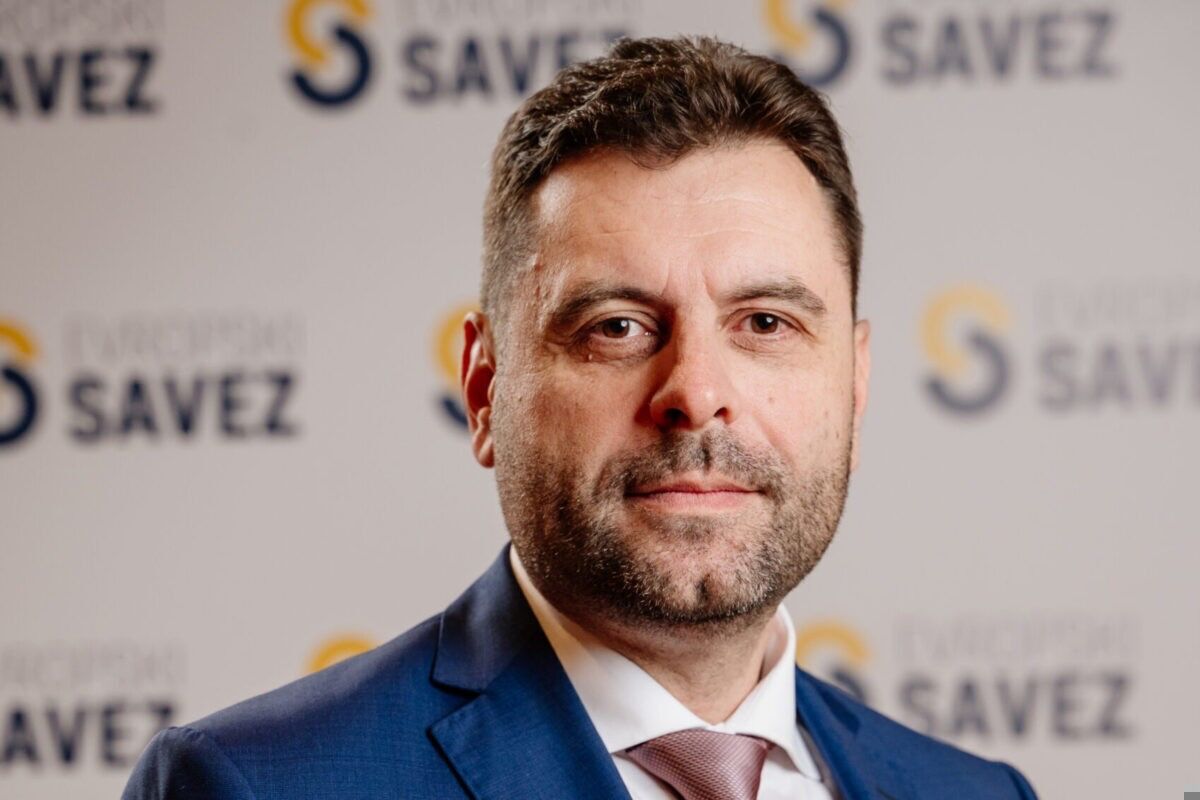The main topic is the controversy surrounding the concession process for the airports in Podgorica and Tivat, Montenegro. The president of the Social Democratic Party, Ivan Vujović, called the process an international embarrassment for the Montenegrin authorities, highlighting that the tender commission disqualified the bid from the South Korean company Incheon International Airport Corporation, although according to the assessment of the International Finance Corporation (IFC), a consultant in the process, the bid fully met the requirements. The president of the tender commission, Nik Đeljošaj, rejects IFC’s criticism, stating that the commission is working professionally and in the interest of the state and refuses to be just a figurehead in the process. Prime Minister Milojko Spajić called on the tender commission to carefully consider the expert opinions of IFC to conclude the process in the best interest of Montenegro. IFC warned it would withdraw its roles if it does not receive concrete technical reasons for rejecting the bid. This situation raises concerns about potential damage to Montenegro’s reputation and its European integration path.
Political Perspectives:
Left: Left-leaning sources emphasize the corruption and mismanagement by the Montenegrin authorities in the airport concession process. They highlight the international embarrassment caused by the government’s handling of the tender and stress the need for transparency and accountability. The criticism of the tender commission and the defense of the IFC’s expert opinion are central narratives.
Center: Centrist sources present a balanced view, reporting both the concerns raised by the IFC and the defense by the tender commission. They focus on the procedural aspects and the importance of following expert advice to ensure the best outcome for Montenegro. The emphasis is on resolving the dispute professionally and maintaining the country’s reputation and European integration prospects.
Right: Right-leaning sources tend to support the national authorities and the tender commission, portraying them as defending the country’s interests against external interference. They question the IFC’s assessment and emphasize the professionalism and sovereignty of the Montenegrin institutions. The narrative often includes skepticism towards international consultants and stresses national pride and independence in decision-making.







